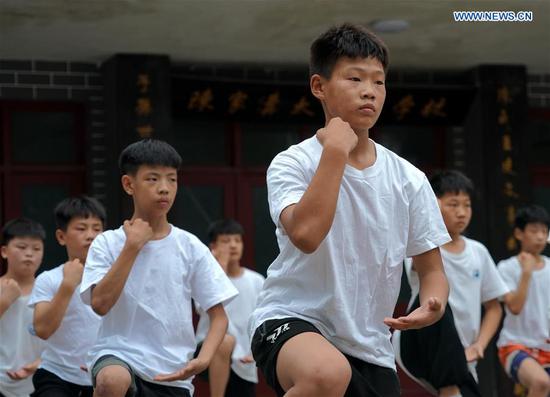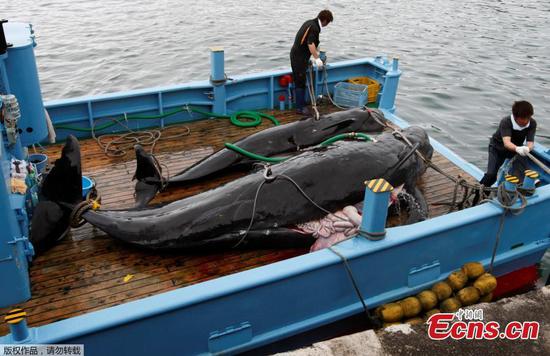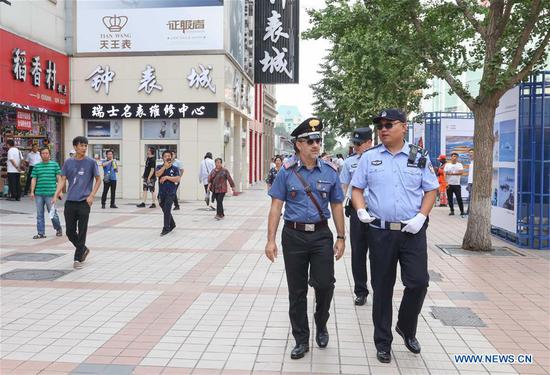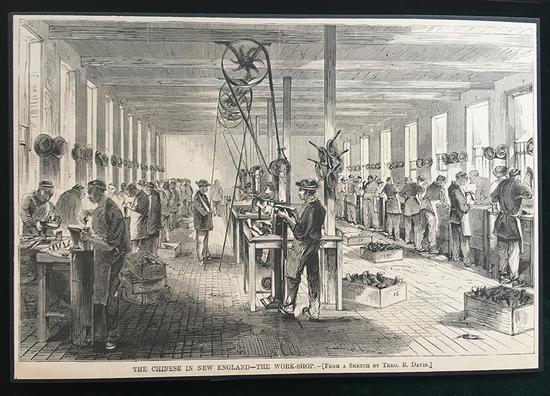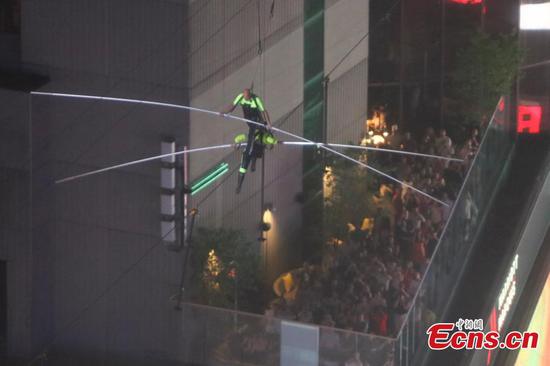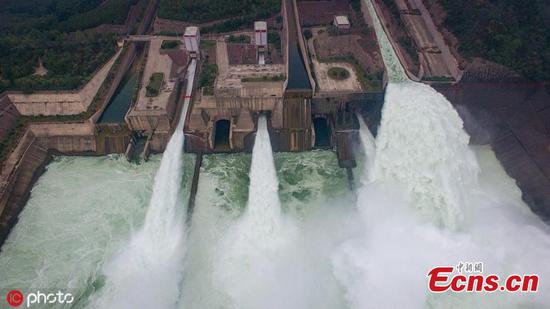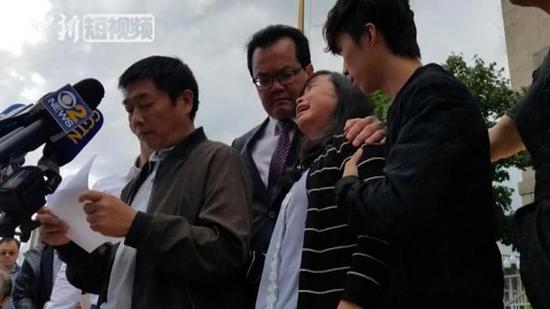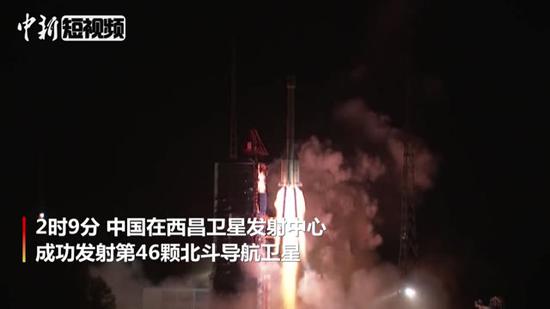Fines up to 50 times of value may apply; more public access to vial info proposed
Producers and sellers of fake or substandard vaccines will receive heavier fines under a new draft law submitted to the top legislature for review on Tuesday.
Companies will face fines of up to 50 times the value of the produced or sold fake vaccines, according to the draft vaccine administration law, which is under third reading at a bimonthly session of the Standing Committee of the National People's Congress.
The previous draft, released in April, stipulated a fine of up to 30 times for such offenses.
Other offenses, including providing fake data while applying to authorities for product registration, fabricating production records and changing production techniques against regulations, will also result in fines of up to 50 times the value of the vaccines involved, according to the draft.
Meanwhile, such producers and sellers will face confiscation of illegal proceeds, raw materials, packaging materials and equipment. They also face revocation of production licenses, the draft says.
The draft also stipulates a fine of up to 30 times the value of the produced or sold substandard vaccines, compared with a fine of up to 20 times stipulated in the previous draft.
Executives and staff responsible for producing or selling fake vaccines will have their income from their companies during the period of legal violations confiscated, and additional fines of up to 10 times the income will be levied, the draft said. They will also be banned from the drug business for life and will be subject to detention by police for up to 15 days, in addition to possible criminal charges if they violate the Criminal Law, according to the draft.
In China, a draft law usually goes through three rounds of reading at the top legislature before being adopted.
The vaccine administration law was drafted and submitted to the top legislature for first review in December, following a major vaccine scandal involving Changchun's Changsheng Bio-tech Co, a major vaccine producer in Jilin province.
The company was found to have committed legal violations including fabricating production records and using expired materials for four years in the production of rabies vaccines.
Later, the company was ordered by the top drug regulator to pay fines of 9.1 billion yuan ($1.3 billion), with its senior executives under detention facing criminal punishment.
After the incident, authorities vowed to impose strict supervision on the sector, including deterrent legislation, to ensure public health.
In addition to harsher punishment, the latest draft also includes amendments such as allowing companies to authorize others to produce vaccines under approval of the National Medical Products Administration and improving transparency and public information about the vaccines to be sold.
Wang Yuedan, a professor at the Department of Immunology, Peking University, said increasing penalties to legal violators is necessary to deter violations in the vaccine industry.
"An upper limit fine of 50 times the value of involved fake products is a rational punishment," he said. "In countries such as the United States, companies may pay astronomical fines if serious consequences result from problematic vaccines."
In addition, allowing authorized production of vaccines can benefit vaccine producers as the measure can help improve the efficiency of vaccine production, he said, adding that more detailed regulations are needed to ensure the quality of vaccines produced under authorization.











